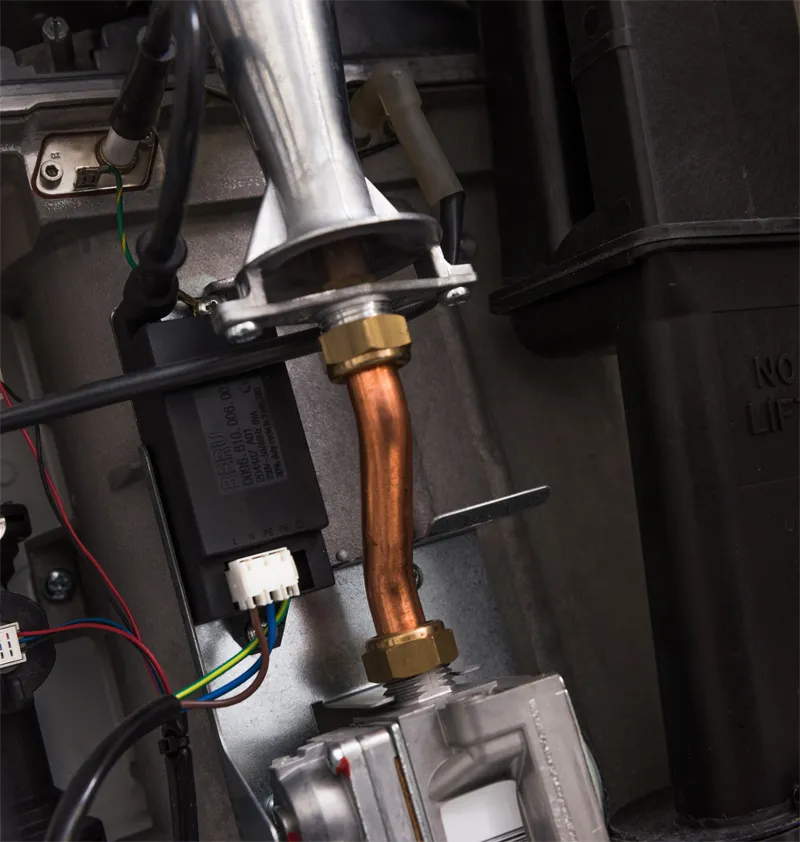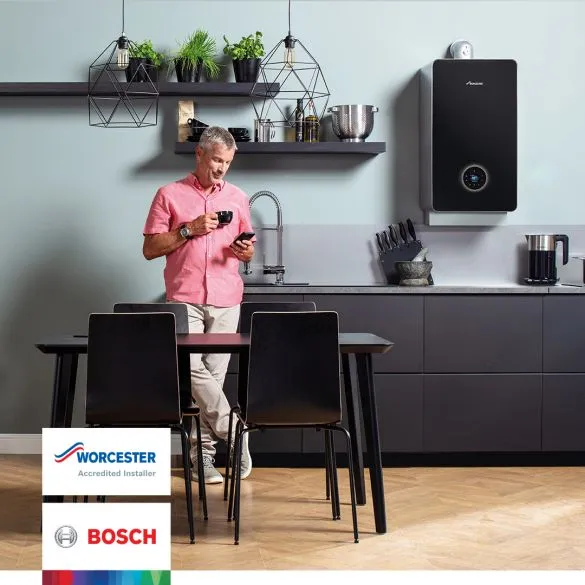Introduction: Understanding the Interplay of Plumbing and Boilers
In many households and commercial buildings, boilers play a crucial role in providing heat and hot water. However, their efficiency largely hinges on the plumbing systems that connect them to various fixtures. Understanding this connection not only helps homeowners maintain comfort but also extends the life of the boiler. This article dives into The Connection Between Plumbing and Efficient Boiler Operation, exploring how these two systems work together, the importance of proper maintenance, and how professional services like boiler repairs and Emergency Plumber Leeds plumbing services can enhance performance.
The Connection Between Plumbing and Efficient Boiler Operation
A boiler operates by heating water or producing steam, which is then distributed through pipes to radiators or other outlets within a building. Here’s where plumbing comes into play: it ensures that this heated water reaches its destination smoothly without any interruptions or leaks.
What is a Boiler?
A boiler is an appliance designed to heat water for various uses—primarily heating spaces or providing hot water for domestic use. They can run on different fuel types including natural gas, oil, or electricity.
How Does Plumbing Affect Boiler Efficiency?
Good plumbing ensures minimal resistance to the flow of water from the boiler to points of use. If there are leaks, blockages, or improperly sized pipes in the plumbing system, it can lead to inefficiencies such as:
- Increased energy consumption Higher utility bills Reduced lifespan of the boiler
Components of a Boiler System
Understanding how a boiler works requires knowledge about its components.
Boiler Types
Combi Boilers: These provide both heating and hot water on demand. System Boilers: These require a cylinder for storing hot water. Conventional Boilers: These have separate hot and cold-water storage tanks.Key Components
- Heat Exchanger: Transfers heat from burning fuel to water. Burner: Where fuel is mixed with air for combustion. Pump: Circulates heated water through the system.
Common Plumbing Issues Impacting Boilers
From leaks to blockages, various plumbing issues can affect boiler performance.
Pipe Leaks
Leaks in your plumbing can significantly reduce efficiency. Even minor leaks might lead to substantial losses over time.
Blocked Pipes
Debris accumulation can impede flow, causing pressures that may damage your boiler.

Incorrect Pipe Sizing
Pipes that are too small may restrict flow while those that are too large may cause uneven pressure distribution.
Importance of Regular Maintenance
Regular maintenance is essential for both plumbing and boiler systems.
Preventive Maintenance Tasks
Inspecting pipes for leaks. Flushing the boiler annually. Checking pressure levels regularly.Professional Services for Optimal Performance
Hiring professionals for regular inspections ensures that minor issues don't escalate into costly repairs later on.

Signs You Need Boiler Repairs
Being proactive about boiler repairs can save you significant costs down the line.
Unusual Noises
If your boiler starts making strange sounds like banging or whistling, it could indicate problems within your system.
Inconsistent Heat Output
If some rooms are warm while others remain cold, it’s likely an issue with either your plumbing or your boiler's operation itself.

Water Leakage Around the Unit
Water pooling around your boiler indicates potential leaks either from the unit itself or connected piping.
Choosing Reliable Plumbing Services
Finding trustworthy plumbing services is critical for maintaining efficient boiler operation.
What to Look For in a Plumbing Service?
Experience: Ensure they have a proven track record with boilers. Certifications: Look for licensed professionals who specialize in HVAC systems. Reviews: Check online reviews or ask friends for recommendations.The Role of Insulation in Boiler Efficiency
Insulation plays a vital role in maintaining temperature within both piping and boilers.
Why Is Insulation Important?
Proper insulation prevents heat loss as hot water travels through pipes, ensuring energy isn’t wasted during transit.
Energy-Saving Tips for Homeowners
Homeowners can take steps to enhance their boiler's efficiency beyond regular maintenance.
1. Install Smart Thermostats
These devices allow better control over heating schedules reducing unnecessary energy usage.
2. Optimize Radiator Settings
Ensure radiators aren't blocked by furniture; adjusting valves on each radiator can help balance heat distribution throughout your home.
The Importance of Water Quality on Boiler Functionality
Water quality directly impacts both your plumbing system and boiler efficiency.
Hard Water vs Soft Water
Using hard water can lead to scale buildup inside your boiler, which reduces efficiency over time. Investing in water softening solutions could be beneficial here!
Upgrading Your System: When Is It Necessary?
Sometimes upgrades are more cost-effective than continued repairs—know when it's time to invest in new technology!
- Age of Your Current System
If your system is over 15 years old, replacement might yield better efficiency than ongoing repairs will allow.
FAQ Section
What causes low pressure in my boiler?
Low pressure could be due to leaks in your piping system or improper valve settings; checking these first may resolve the issue quickly!
How often should I service my boiler?
Typically once a year; scheduling this pre-winter season helps prepare you properly before heavy usage months begin!
Can I install my own radiator?
While DIY projects sound fun, if you're unfamiliar with plumbing codes or safety procedures it's best left to professionals!
Why does my radiator make noise?
Sounds like gurgling may indicate trapped air; bleeding radiators should alleviate this issue effectively!
Is it worth investing in smart heating controls?
Absolutely! They offer long-term savings by optimizing energy usage based on daily patterns!
li21/ol4/hr13hr13/##
Conclusion
Understanding The Connection Between Plumbing and Efficient Boiler Operation is crucial not only for comfort but also cost savings over time! By recognizing signs requiring attention—and keeping up with maintenance—homeowners ensure both their heating systems AND associated plumbing remain effective & reliable!
Investing effort into learning about proper care helps extend longevity while securing optimal functionality out of every component involved—from pipes leading back toward our beloved boilers down below!
Remember folks—keeping those lines clear & functional makes all difference when winter nights roll around again… So stay safe & warm out there!